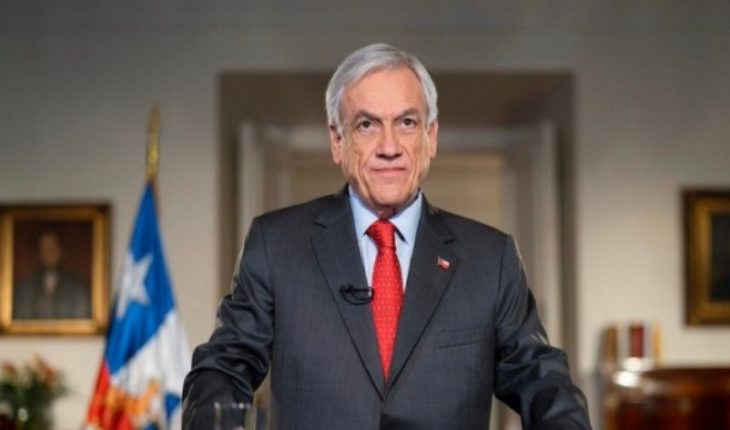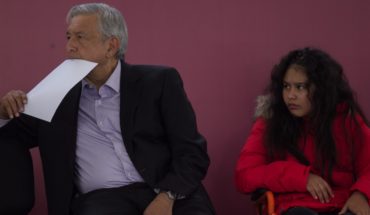Pensions appear as one of the main concerns of citizens in this social outburst, and three months after the start of the crisis, the Government decided to take up the matter. On Wednesday, in a surprise national chain, President Sebastián Piñera launched a new offer to deepen his planned reform, which he called a “structural” change.
“In the last 12 weeks we have listened carefully and humbly to the loud and clear voice of our compatriots. And we have also listened to our parliamentarians, both from Chile Let’s go and from the opposition (…) This week we are sending congress a bill that improves the pensions of all Chilean pensioners, current and future,” the Ministry said. According to Piñera, this reform creates a “new planned system” based on 3 pillars: Pilar Solidario, financed by the State; Individual Savings Pillar, funded by workers and employers; and Pillar of Collective and Solidarity Savings, financed by employers and also with an initial contribution from the State.
Overall, the Executive’s proposal provides for an additional and gradual contribution of 6% from the employer, which will be added to the current 10%: 3% will go to the individual account of the contributor and the other 3% to a collective fund. This will be managed by a public and autonomous entity.
With this proposal, the Government increased by one point the 5% increase offered in the original project that is paralyzed in the Chamber of Deputies. However, while the 6% now raised by the Government agrees with the garrison raised by the opposition, the substantial difference is that the opposition envisages that all the additional contribution is directed to a collective fund with distribution logic.
According to the President, the reform will allow current pensioners with a minimum of contributions to receive an additional 2 UF for men, i.e. $56,600, and 2.5 UF for women ($70,800), as soon as the project is approved.
The Executive’s announcement provides that future pensioners will receive this same increase plus an additional contribution that will depend on the time they have quoted after the start of the term of this reform. Without giving details, he adds that “older adults with severe dependence will also receive an additional increase.”
The Government’s proposal also considered some additional elements. In order to respond to the cases of the people who have requested the withdrawal of their planned savings, who have come to justice and even the Constitutional Court, it provides that in cases such as terminal illnesses, life expectancy will be recalculated and life expectancy will allow some of the savings to be withdrawn.
According to Piñera, “the reform to the Solidarity Pillar already implemented, together with this reform, benefit more than 2 million pensioners, representing 85% of our country’s pensioners, who will receive increases of more than $55 thousand per month”.
Adjustments to the AFP system
Another access relates to the AFP system and states that managers must return some of the commissions charged in the event of negative profitability to quotes. It also believes that they will not be able to charge investment fees in domestic mutual funds, and fees are restricted for other concepts. An Affiliate Committee is also created and an affiliate will be integrated into the directory of the respective AFP.
In addition, it insists on its proposal – resisted by the world of AFPs – to open up the industry to new players such as non-profit companies, affiliate cooperatives and others, in order to strengthen the competitiveness of the industry, improve the quality of services, reduce the fees charged and “allow affiliates to participate in the creation of new managers.”
In his speech, Piñera called for opposition by appealing “to the generosity and goodwill of all social and political sectors that allows, and urgently, to improve the pensions of all our older adults, which is now the first priority and main demand from our citizens.”
But at the same time he insisted on the discourse of social peace, arguing that “it is a necessary condition to be able to advance this Planned Reform, in the Social Agenda, in the improvement of the Constitution, in the recovery of our economy, in the creation jobs.”
translated from Spanish: Piñera makes new offer and announces deepening pension reform
January 15, 2020 |





